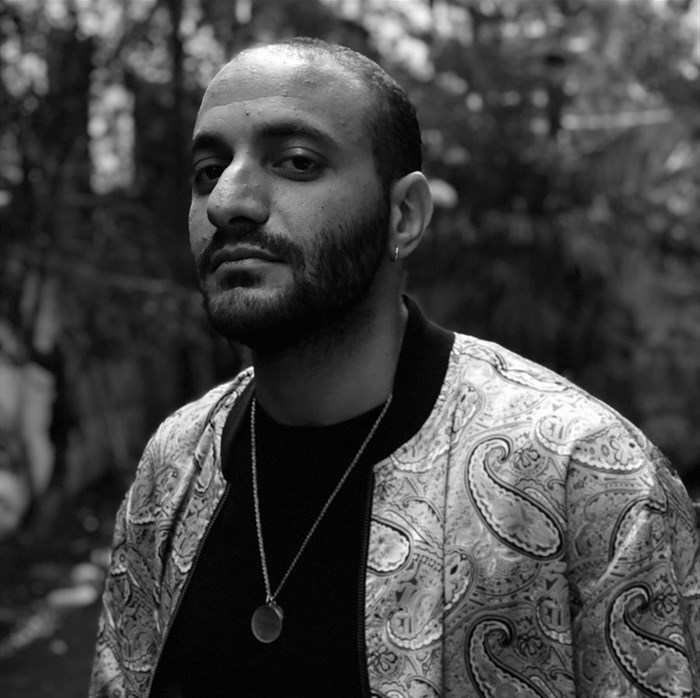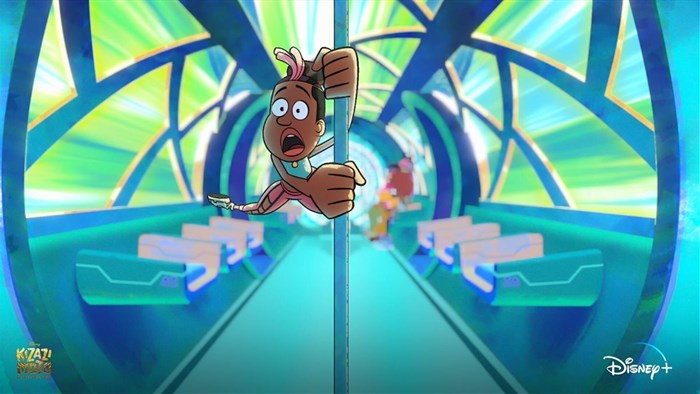
Giraffics, an Egyptian-based animation studio, has been a key resource in the series development, as it produced two of the 10 part series, Stardust and First Totem Problems.
Abdulrahman Khedr, the CEO of Giraffics, believes this series is a monumental moment for emerging African talents looking to revolutionise the animation scene across the continent and beyond and how this pivotal moment is poised to impact the animation industry in Africa.
“The African animation industry is full of untapped opportunities. As the need for more African story-telling continues to grow, the continent continues to witness remarkable growth and transformation,” he says.
This is especially evident in the number of animated shows / movies being produced. “Even though North America, Asia and Europe are more established and have been at the forefront of the industry for years, Africa’s rich diverse culture has set the scene on the continent for amazing productions.”
For him South Africa is in a more advanced stage than the rest of the continent, with companies such as Triggerfish leading the animation industry movement.
“While for North Africa and a country like Egypt, the animation industry is still evolving, and is yet to catch up on the continent and with the rest of the world.”
With very few animation series being produced and no feature animation movies coming out of the country, he says they are considered to be far behind.
He also explains that streaming services and video-on-demand VOD) platforms have changed the industry and how movies and shows are produced and consumed.
This has changed the way media works, how networks produce, and who gets to work on what, effectively paving the way for marginalised communities to become storytellers on both the small and big screen globally.
"These global trends have affected the industry on the continent and paved the way for African studios to work on global and local content.
“It's given better access to studios from all over the world to sell and produce their movies or shows. Diversity, inclusion and political correctness (PC) culture have also greatly influenced the industry. It has also increased the appetite for a more authentic and inclusive form of storytelling.

For the industry to move forward he says there has to be a continuous need and demand from VOD and entertainment networks for African-focused content.
“In recent times, we have seen significantly growing interest for stories featuring African content,” he says.
He explains that at Giraffics their main aim is to provide an authentic take on storytelling that is powered by African talents within the animation industry.
“We believe that cross-continent collaboration stretching from North to South, and East to West Africa, is the key element to showcasing the continent’s unique and diverse culture in a way that has never been done before.”
For him the exchange of information, experience, tools and talent between African countries is what will take the animation industry on the continent to a global level.
“There also needs to be strategic investment in the training and developing of artists, writers and directors in order to foster and nurture their talent,” he adds.
“The production and release of Kizazi Moto: Generation Fire is a beam of light and hope for all African studios and talents working in the animation industry, as it has provided them with a global platform to showcase their talent to the rest of the world,” he says.
He says that when Giraffics was first contacted by Triggerfish to collaborate and support on this project, it was clear that the representation of African culture and heritage was the central theme of this ground-breaking production.
“Through Kazazi Moto: Generation Fire, viewers are able to learn about different traditions and cultures that make up the real essence of our diverse continent, and they get to learn about them through the original source - African writers, directors and producers.”
This is why, he says, Giraffics feel immensely proud to have been a part of this production. “We believe that it has the power to open up the door for Africa to finally share with the world, in its own voice, years of rich history and numerous untold stories waiting to see the light of day.”
Therefore he says African animation is destined for more recognition and a global influence - “It’s increasing year by year, and the world is craving different stories, different narratives, and fresh forms of storytelling.”
And he expects to see more partnerships between studios from all over the continent in the future.
“At the same time, we believe that as the need for more African animation grows, the need for more talent operating within the industry will increase.
"These developments will surely boost educational opportunities for the industry, thereby producing a new generation of African animators, equipped with the latest tools to represent the industry on an international level,” he says.
If these steps are followed through with passion and expertise, he believes that there is no doubt that African animation will be at the forefront of the industry within the next couple of years.
